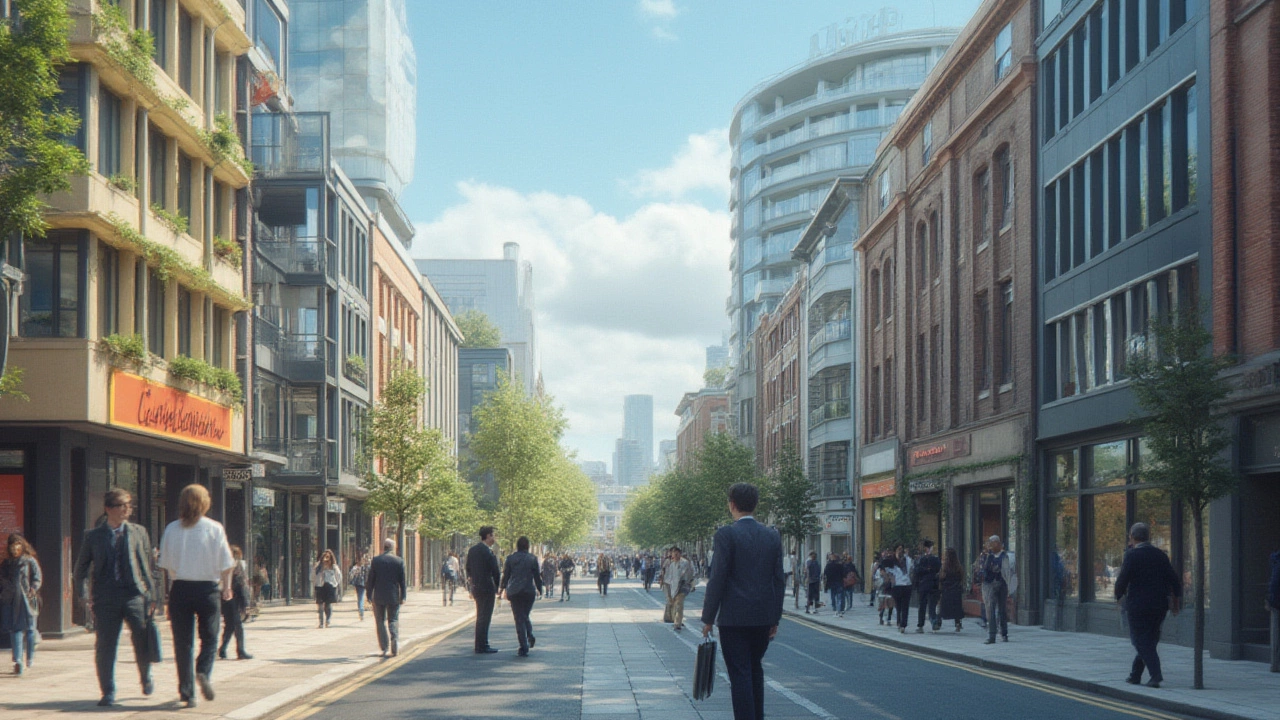Commercial Property Basics for UK Builders
If you’re thinking about a shop, office block, or warehouse, the first thing to know is that commercial property isn’t just a bigger house. It follows its own set of rules, budgets and timelines. Below you’ll find the everyday facts that keep a commercial build on track, from planning permission to choosing the right trades.
Key Issues You’ll Face on a Commercial Site
Planning permission is the gatekeeper. Most commercial projects need a full application, unlike many home extensions that slip under permitted development. Check your local council’s portal early, because a missed document can stall work for weeks.
Structure matters more than aesthetics. Commercial floors carry heavier loads, so you’ll need stronger joists, thicker slabs and often a steel frame. This also drives up the choice of cement – high‑strength mixes are the norm for foundations that support large roofs or mezzanines.
Health and safety rules tighten up when crews are larger and machines are bigger. The Construction (Design and Management) Regulations (CDM) require a clear plan, risk assessments and a competent supervisor. Skipping this step can mean fines and work stoppages.
Cost control is a constant battle. Materials like steel and specialist cladding can swing wildly in price, so lock in rates early. Look at the “cheapest building methods” posts for ways to shave money without sacrificing strength.
Finally, think about the end user. Commercial spaces need easy access, fire‑rated doors, and practical services like HVAC and data cabling. Design those systems from the start; retrofitting later is a pricey headache.
Resources to Help You Succeed
Our tag page pulls together articles that hit the most common pain points. Need to know how to measure a foundation crack? The “Foundation Crack Size” guides break down widths, red flags and when to call a structural engineer – essential for any commercial build with an older base.
Before you sign a subcontractor, read the “Lower Tier Contractor” piece. It explains the role of sub‑trades, legal responsibilities and tips for smooth workflow management.
If you’re budgeting for a new office, the “Cheapest Building Methods” article shows which materials keep costs low in 2025, while the “Most Durable House Materials” post points to long‑lasting options that pay off over the life of the building.
Worried about classification? The “School Building Classification” article clarifies why schools count as commercial projects and what that means for fire safety and accessibility.
Lastly, stay updated on industry leaders. The “Biggest Construction Company” feature tracks the top global firms, giving you benchmarks for quality and scale that you can apply to local projects.
Put these insights into your checklist, talk to a qualified architect, and you’ll move from concept to completion with fewer surprises. Commercial property can be complex, but with the right knowledge it’s also hugely rewarding – just keep the basics in front of you and let the details follow.



